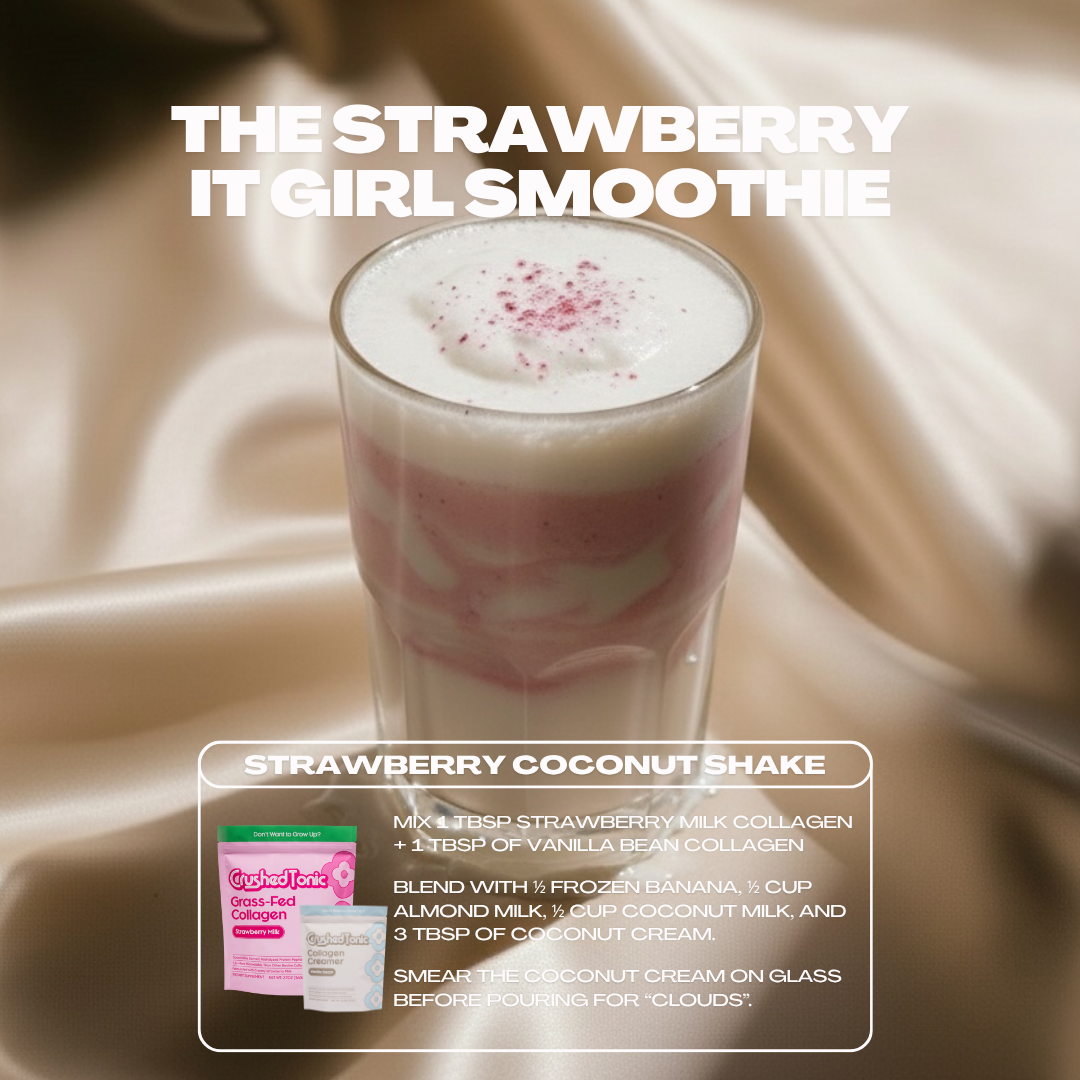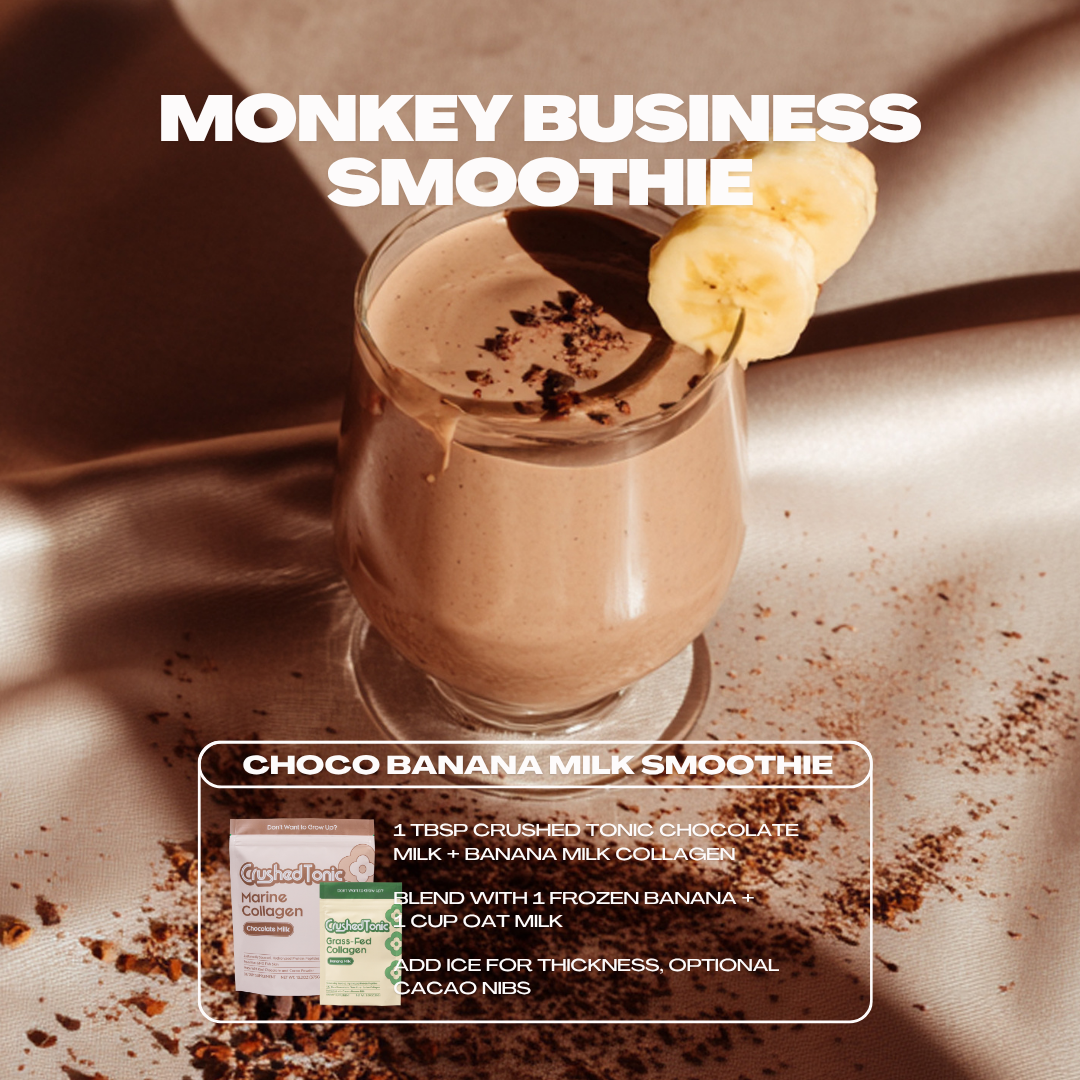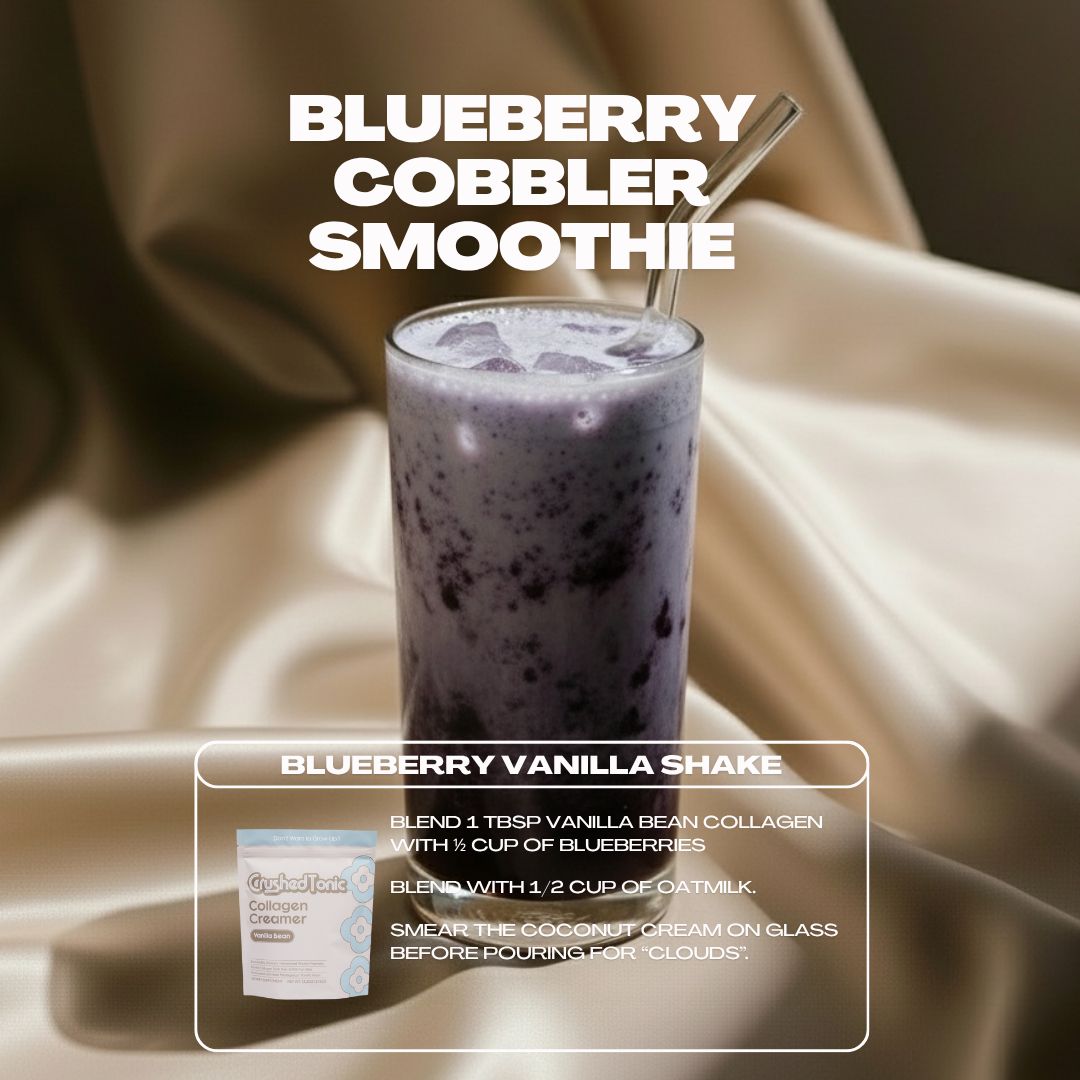











Did you know that turmeric is actually a relative of ginger? So our Turmeric Ginger flavor is basically a family reunion.
Turmeric is a plant that grows 5 to 6 feet high in the tropical regions of Southern Asia, with trumpet-shaped, dull yellow flowers. It is finely ground to become the spice that gives curry its vibrant yellow color and has been used in India for thousands of years as a spice and medicinal herb.
Your cart is currently empty.